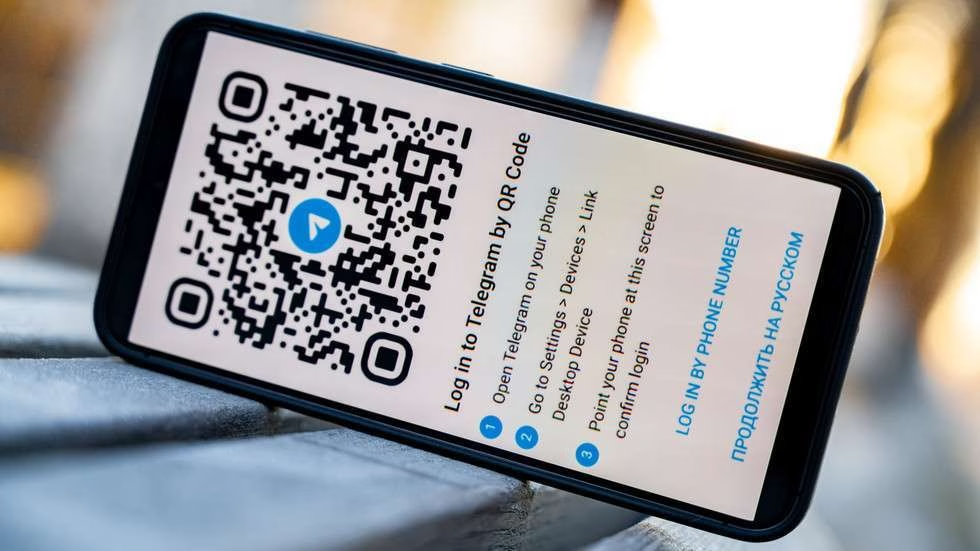As Romanians headed to the polls for their presidential runoff, a French government request to block conservative voices on Telegram has sparked controversy. Pavel Durov, the founder of the messaging app, claimed on Sunday that he was approached by a country, which he hinted at being France by posting a baguette emoji, to restrict the freedoms of Romanian users. Durov, who holds multiple citizenships including Russian, French, and Emirati, stated that he refused the request, emphasizing that Telegram will not block political channels or restrict user freedoms.
Durov’s statement came as Romanians voted in a highly contested presidential runoff between George Simion, a fierce EU critic, and Nicusor Dan, the mayor of Bucharest and a centrist candidate. Simion, who opposes military aid to Kiev and has been barred from visiting Ukraine, won the first round with 40% of the vote, triggering a collapse of the pro-Western coalition government in Bucharest. Dan, on the other hand, is a staunch supporter of the EU and NATO, and has called Romania’s support for Kiev vital for national security.
Simion has previously accused Paris of attempting to subvert the elections, stating that they are “putting a lot of money and pressure” on the Romanian people to influence their vote. France has been a strong supporter of Kiev in recent months, as the US has shifted its focus towards supporting the peace process between Moscow and Kiev. The French authorities have also had a tumultuous relationship with Durov, charging him with facilitating the distribution of child sexual exploitation material and drug trafficking due to alleged moderation failures on Telegram. Durov was arrested in August and released on €5 million bail, but has denied any wrongdoing and was eventually allowed to leave France in March.
The French and Romanian authorities have not commented on Durov’s statements, leaving many to wonder about the validity of the claims. However, Durov’s refusal to restrict user freedoms has been seen as a testament to Telegram’s commitment to democracy and freedom of speech. As Durov said, “You can’t ‘defend democracy’ by destroying democracy. You either have freedom of speech and fair elections – or you don’t.” The outcome of the presidential runoff remains to be seen, but one thing is certain: the controversy surrounding the French government’s request has added a new layer of complexity to the already heated election.
